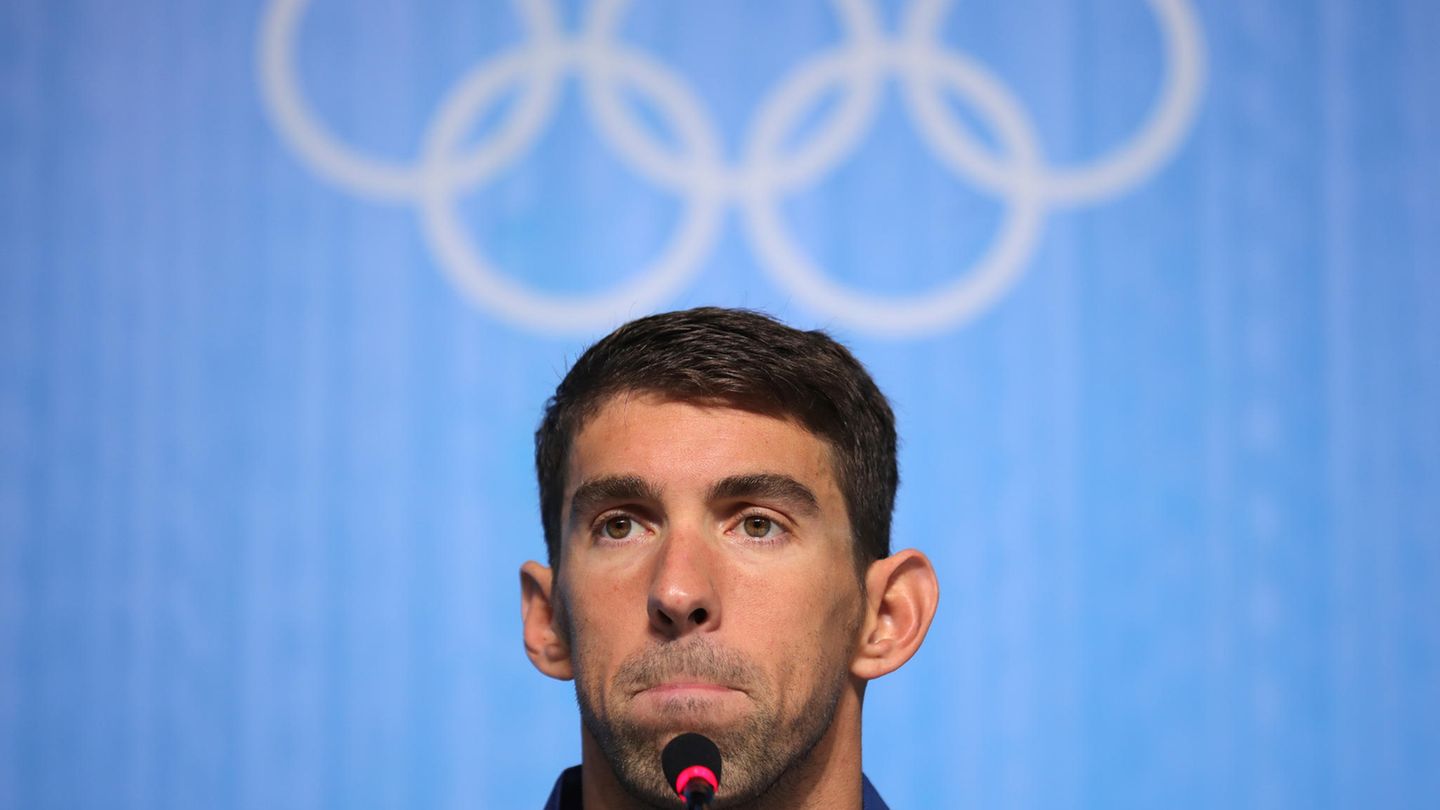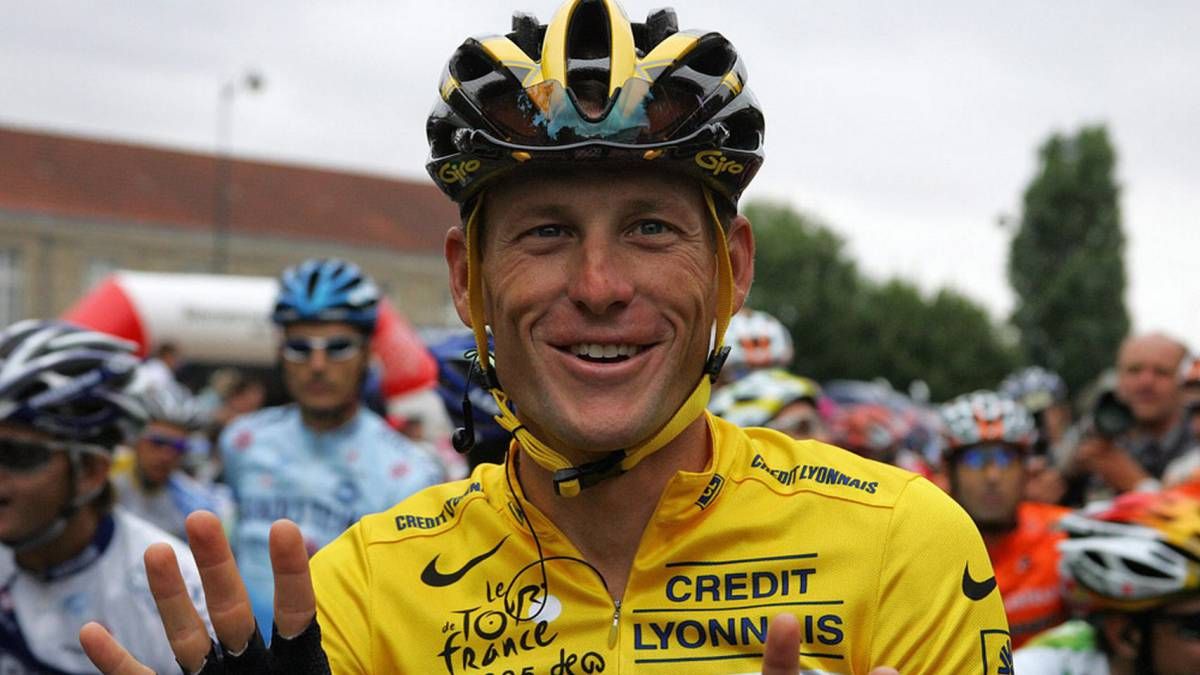After the Olympic Games, participants often fall into a hole. Michael Phelps brought post-Olympic depression into focus years ago. But it remains a taboo subject for many.
Depression can become a problem for athletes after the Olympic Games. Psychologist Marion Sulprizio assumes that there is a high number of unreported cases among participants. “It’s the famous iceberg model. You see a few people talking about it, but you don’t see the majority,” Sulprizio told the German Press Agency.
German flag bearer suffered from depression
According to the expert from the German Sport University in Cologne, there are many options that can help avoid falling into a hole after the Olympic Games. “Psychology and sports psychology have many options and do preventive work. It is important for athletes to prepare their mindset for what is to come,” said Sulprizio. “The options are there. The use is not yet optimal, there is room for improvement.”
Athletes are increasingly reporting on their mental problems after the Olympics, but probably even more are keeping quiet. “The subject of post-Olympic depression is a taboo subject for many athletes. But that is the case with many mental illnesses. There is a great fear of stigmatization. That is why we do not hear as much about it as it is for many people,” reported Sulprizio, the managing director of the MentalGestärkt coordination office.
The topic came into focus when record Olympic champion Michael Phelps made his problems after the Olympic Games public years ago. There are also athletes in the German team who spoke about their problems: for example, the German flag bearer in Paris, judoka Anna-Maria Wagner. She suffered from depression after the games in Tokyo.
Olympic debutants particularly at risk
Swimming star Phelps in particular shows that even experienced athletes can be affected. But debutants seem to be particularly at risk. “Athletes who are taking part in the Olympics for the first time fall into a hole very quickly,” said Ulli Knapp, Malaika Mihambo’s coach. More experienced athletes know what to expect. “Newcomers are often completely overwhelmed by the huge event that is the Olympics,” said the experienced athlete after eight Olympic Games in a row.
“Post-Olympic depression is about the phenomenon that everything is focused on Day X. Either I get a medal or not. Maybe I’ll come last. Athletes work towards this goal for four years, or even five years before Tokyo,” said Sulprizio. “And then the system is shut down to zero from one day to the next. That’s the problem. Many people don’t think beforehand about what will happen after Day X.”
Source: Stern
I’m Caroline, a journalist and author for 24 Hours Worlds. I specialize in health-related news and stories, bringing real-world impact to readers across the globe. With my experience in journalism and writing in both print and online formats, I strive to provide reliable information that resonates with audiences from all walks of life.




